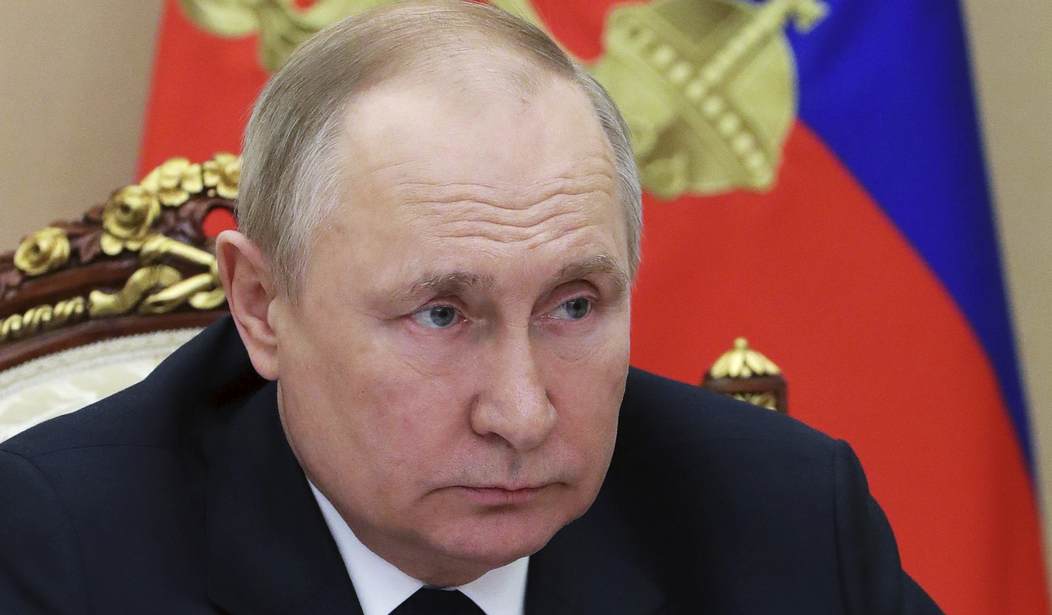The war in Ukraine continues as Vladimir Putin stubbornly continues to cling to his eastern gains, setting up a stalemate as winter deepens.
Ukrainian President Volydymr Zelensky appeared in Washington, DC, on Wednesday to lobby for new weapons systems, firmly of the belief that the $44 billion about to be passed in the Senate omnibus bill isn’t enough. Whether he’s right or wrong, or whether it matters in regard to how far the US pushes this proxy war, is something individuals will have to judge for themselves.
But as new attacks get lodged, information about an old one is countering the predominant narrative. In September, explosions rocked Nord Stream 2, with the immediate accusation being that Russia had blown up its own pipeline. Now, officials are admitting there’s no real evidence to support that conclusion, with some saying they don’t believe the Kremlin was behind it.
NEW – Russia may not be to blame after all for the attack on the Nord Stream pipelines, officials privately say.https://t.co/r6QRfBRdIH
— Disclose.tv (@disclosetv) December 21, 2022
But now, after months of investigation, numerous officials privately say that Russia may not be to blame after all for the attack on the Nord Stream pipelines.
“There is no evidence at this point that Russia was behind the sabotage,” said one European official, echoing the assessment of 23 diplomatic and intelligence officials in nine countries interviewed in recent weeks.
Some went so far as to say they didn’t think Russia was responsible. Others who still consider Russia a prime suspect said positively attributing the attack — to any country — may be impossible.
It’s difficult to discuss anything related to Russia these days because the moment you offer a counter on essentially any topic, accusations of supporting Putin begin to fly. But in this case, support for Ukraine (and at what level) isn’t really relevant. All that is relevant is what actually happened, and it has never made much sense that Russia would blow up Nord Stream 2.
The argument most often made in support of that theory is that Putin wanted to leverage the pipeline to isolate European nations that depend on Russian energy. But do you know who else relies on Russian energy? That would be Russia. Energy exports are the majority of the troubled nation’s economy, and the only real way to hold European nations hostage in the Ukrainian conflict would be to keep the oil flowing with the threat of withholding it. Preemptively blowing up the pipeline, which actually harmed Russia’s war effort, never made any sense.
Rather, Occam’s razor is probably at play. Who benefited the most from the attack on the pipeline? To offer an answer to that, one must observe the aftermath. The destruction of the pipeline didn’t fragment Europe or offer Russia any additional leverage. On the contrary, it forced Europe to seek alternative sources of energy, including building more LNG terminals. It also rallied more support for Zelensky and Ukraine, most importantly from US lawmakers writing the checks.
I have no idea if Ukraine is behind the attack, and I suspect they wouldn’t have the expertise to carry it out anyway. It does seem to me, though, that the attack was much more likely to have been carried out by someone in support of Ukraine rather than against it. With that said, Russia could still have been behind the attack. At this moment in the investigative process, there’s just no evidence of that nor does there seem to have been a motive to that effect.














Join the conversation as a VIP Member